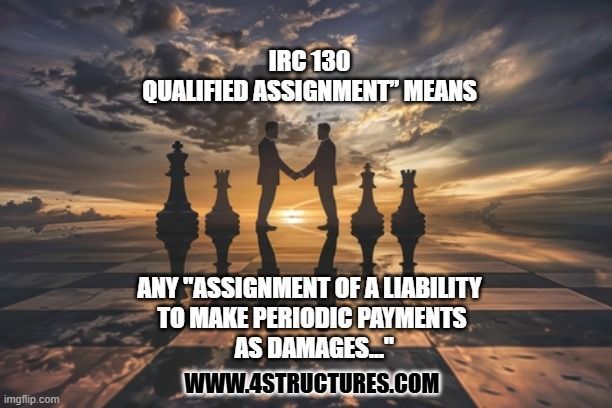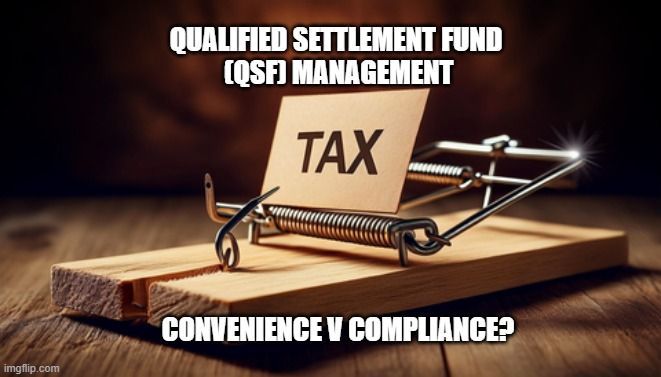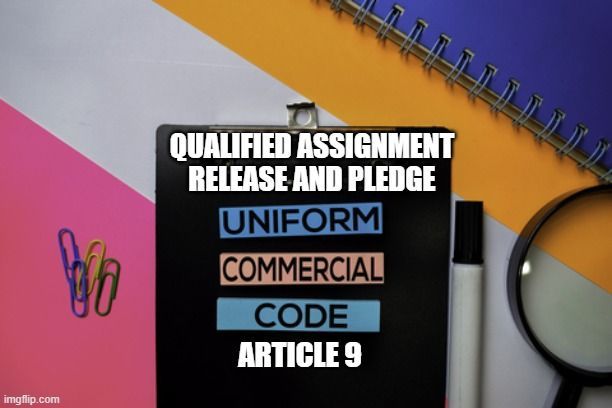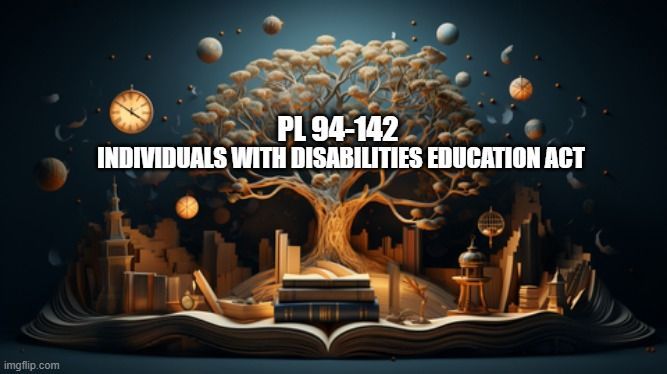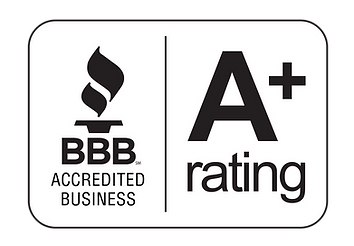Non Qualified Assignment vs Qualified Assignment
Difference Between Structured Settlement Assignments
Both a non qualified assignment / non-qualified structured settlement, and qualified assignments are forms of settlement used to resolve disputes, or claims for damages, with some portion of the damages paid in future periodic payments.
In each case, following the assignment, the assignment company replaces the Defendant or Defendant's Insurer as the future periodic payment obligor through a legal novation.
When is a Qualified Assignment Used with a Structured Settlement?
A qualified assignment is used to help resolve lawsuits and claims involving damages that fall within the meaning of IRC 104(a)(1) or IRC 104(a)(2), namely payment of damages for physical injury, physical sickness or wrongful death, or workers compensation.
When is a Non Qualified Assignment Used with a Structured Settlement?
A
non qualified assignment is used to help resolve lawsuits and claims involving taxable damages, There are many types of lawsuits where a non qualified assignment can be used. Some examples are claims or lawsuits which involve employment, sexual harassment. qui tam (whistle blower) intellectual property, breach of contract. In addition non qualified assignments are used for structured installment sales, oil & gas lease bonuses, celebrity endorsement fees. Read more about
non qualified assignments.
Note that damages for wrongful conviction or
wrongful imprisonment
that qualify for a tax exemption under IRC 139F, must be assigned via a non qualified assignment, even though payments are not taxable. The reason is that the IRC 130 exemption governing qualified assignments does not include IRC 139F damages under permissible obligations to assign.
Last updated December 28, 2023


